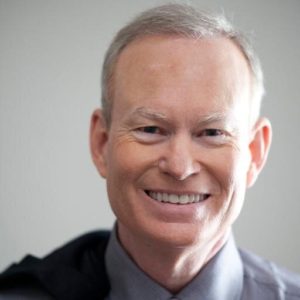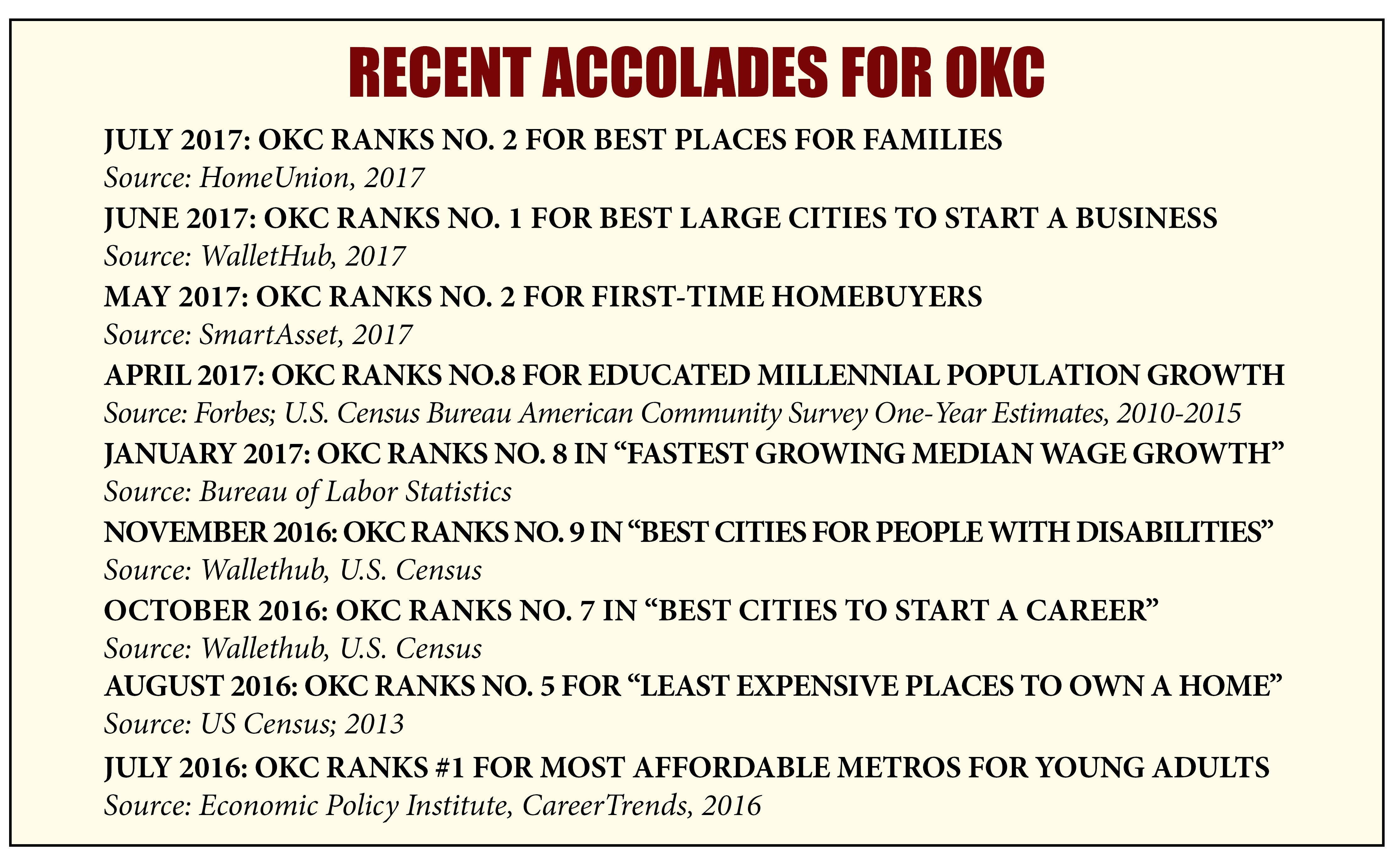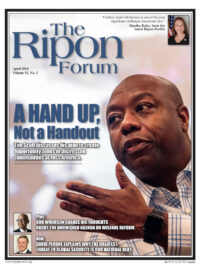
You’ve undoubtedly seen the headlines coming out of Oklahoma in the last few years: budget shortfall after budget shortfall, a struggling economy because of slumping oil prices and even a downgraded credit rating.
Meanwhile, in Oklahoma City, we are growing at a significantly greater pace than the state. In the past 14 years, we’ve seen the creation of 100,000 new jobs and nearly 10,000 new businesses, both of which are more than the rest of the state combined. We have one of the lowest unemployment levels in the country, the highest credit rating agencies will give a municipality, and the city economy is one of the most-diversified local economies in the country.
The picture of Oklahoma City, my hometown, where I have had the pleasure of being mayor for the last 14 years, is simple: conservative leadership works. Of course, there is no shortage of conservatives in a deep-red Oklahoma, so why have the results not been the same? The missing link is leadership.
Let me take you back to 2007. After decades of turmoil from the cyclical nature of our boom and bust economy, Oklahoma City was finally on the rise, in no small part because of the foundation of leadership laid by my mayoral predecessors. Our economy was growing, not just in the energy sector. We had recruited an NBA franchise for temporary relocation, setting into the works a series of events which would lead to the arrival of our very own franchise.
In the past 14 years, we’ve seen the creation of 100,000 new jobs and nearly 10,000 new businesses, both of which are more than the rest of the state combined.
There were other issues, though, we hadn’t begun to address. It should be no surprise that Oklahoma City, which is a community awash in fast food restaurants and vehicular transportation, appeared at number two on a list of the country’s “fattest cities” in Men’s Fitness magazine that year.
I was surprised, however, when I checked my weight and height on a federal government website and discovered I, just like many of our citizens, fell into the obese category. I had struggled with my weight for years, gaining slowly, then losing it over and again, but I was shocked to find out I was “obese.”
I immediately changed my eating habits, began losing weight and dropped 40 pounds. Sensing this moment was crucial for the long-term health and wellness of our community, I held a press conference on New Year’s Eve 2007 and announced, “this city is going on a diet,” with a challenge to collectively lose one million pounds.
It was an ambitious goal with a small budget. Actually, there was no budget, but after confronting obesity in my own life and examining how the issue impacted the community, I knew we needed to start a broader conversation about health and wellness. So, I used the most valuable tool Presidents, Governors and Mayors have: I used the bully pulpit to convince people we had a problem we needed to address
After early coverage at the local level, the citywide diet started to receive national attention, and luckily for us, it was positive coverage of a city trying to improve itself, not of a city struggling to cope with an obesity epidemic.
Our efforts were picked up by widely-viewed talk shows, featured on every cable news channel, and opined about in the country’s foremost newspapers. All the while, visitors to our website, where individuals from around the city could log in and track their weight loss, increased by the hundreds of thousands.
Most importantly, the conversation was started, and the goal of our awareness campaign was being achieved. The first step was always going to be convincing people our community had a problem we needed to address.
The conversation soon turned to action through public policy decisions. As we began to discuss a follow-up to our successful Metropolitan Area Projects (MAPS), the conversation turned to the impact our built environment had on the health and wellness of our community.
We have completely changed our built environment to favor more active lifestyles. As a result of all of this, 17 out of 20 of our health and wellness statistics have markedly improved.
Voted on by the citizens in 2009, MAPS 3 would encourage a more active lifestyle through changes to the built environment of the city. We built parks, community and senior wellness centers, bicycle and walking trails, and sidewalks to communities which had never had them previously. The $777 million project was a large part of the nearly $2 billion the city invested in public improvement projects, all of which yielded nearly $6 billion in local, private sector investment.
What started as a negative article and a challenge to our citizens, has transformed our city completely. In 2012, we hit our 1,000,000-pound weight loss goal with more than 47,000 voluntary participants. We have completely changed our built environment to favor more active lifestyles. As a result of all of this, 17 out of 20 of our health and wellness statistics have markedly improved for our city.
The city still has room for improvement, but we began the process of changing behavior by focusing on individual responsibility. That is the conservative leadership we should expect from all levels of government.
Mick Cornett served as Mayor of Oklahoma City from 2004 to 2018. He is currently a candidate for Governor.





